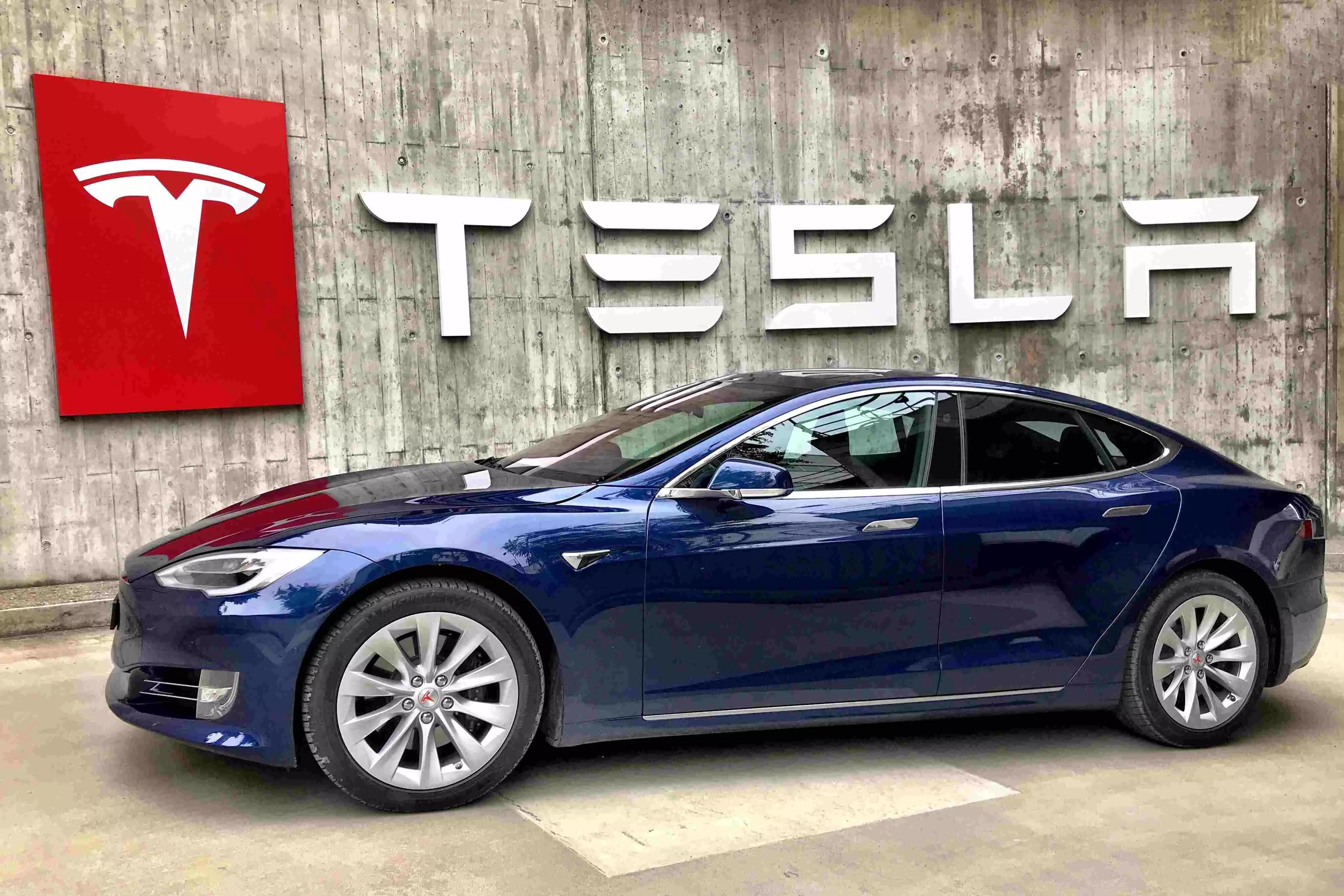Synergistic collaboration
India’s well-balanced laws provide a conducive base for a thriving symbiotic partnership with Tesla that can leverage India’s tech-savvy workforce while offering employment opportunities

India and Tesla will be a made-for-each-other combination! India stands to gain in employment and foreign direct investments, while Tesla will benefit from India’s exceptionally tech-savvy workforce, skilled manpower that often migrates overseas. It’s Boombastic for both.
Recent news articles have highlighted the possibilities of Tesla entering the Indian manufacturing zone. If this becomes a reality, Tesla and India would have a great arrangement of convenience. The workforce stands to benefit from high pay packages, in addition to other earnings such as Minimum Wages under the Minimum Wages Act, 1948, Provident Fund under the Employees’ Provident Fund & Miscellaneous Provisions Act, 1952, Employee State Insurance under the Employees State Insurance Act, 1948, Gratuity under the Payment of Gratuity Act, 1972, and bonus under the Payment of Bonus Act, 1965. Considering India’s pay fixations, all of this will be absolutely reasonable for a company like Tesla.
Moreover, Tesla will not miss the “at-will” employment structure of the US. India has the advantage of predetermined contracts. Section 2(oo)(bb) of the Industrial Disputes Act, 1947, which is an exception provision to compliance with retrenchment, permits employment contracts that can be ended as per contractual terms without getting into complicated termination procedures. Of course, it needs to be used fittingly. Other non-workman staff also have easier laws for termination.
The tech and automobile sector has been one of the largest drivers of economic growth in India. Companies are no longer looking for individuals with just a degree; they want employees who can bring mastery to the table. Tesla can benefit from the country’s tech geeks. Additionally, with the correct and appropriate usage of the Apprentices Act, 1961, Tesla can utilize cheap labour and, in return, train even more workforce. Tesla can also take advantage of numerous labour reforms under the Apprentices Act, wherein the provisions were simplified to enable even more usage of apprentices. Better protections of intellectual property rights, etc., are also available.
Before the commencement of manufacturing, at the stage of construction, there would be the applicability of The Buildings And Other Construction Workers (Regulation Of Employment and Conditions of Service) Act, 1996, thus a gain for many construction workers, contractors, sub-contractors. After completion, there will be the applicability of the Factories Act, 1948, and a gain for the masses in terms of a variety of employments such as permanent, casual, contractual, daily, etc., apart from outsourced companies and their employees.
Granting subsidies or exemptions for the import of electric vehicles into the country is another matter. However, in case manufacturing is initiated, considerations of a special economic zone (SEZ) may be kept positive for certain procedures, or maybe on further expansion. SEZs in India have quite favourable economic regulations, including incentives and regulations that tend to be conducive for businesses. Indian SEZs cover a broad range of more specific zone types, including free trade (FTZ), export processing zones (EPZ), free zones (FZ), industrial estates (IE), free ports, urban enterprise zones, and others. Knowing Elon Musk’s optimistic and futuristic thinking, he will have many more plans to expand into other areas.
Tesla will also have protection of intellectual property rights as well as confidential information in India, as such clauses are largely enforceable, and Indian courts generally grant injunctions when found appropriate for protection. Clauses of non-compete and non-solicitation are not verbatim enforceable, but damages can be recovered. Clauses of damages in contracts themselves create a strong deterrent in organizations.
Tesla's presence would also be a gain for the woman workforce, as Fortune 500 companies typically have an ethical style of working and higher paying capacities compared to other entities. Families would be willing to send women to work. Other advantages would include an increase in the education profiles of nearby masses, raising the confidence of manufacturers and investors to invest and build in India, promotion of skill development among workers and employers, and improvement of India's overall global competitiveness in the manufacturing sector, etc.
Thus, India has some well-balanced laws that can perfectly sync with Tesla’s ideologies and plans, making it a perfect partnership.
The writer is a practising Advocate in Supreme Court and High Court of Delhi. Views expressed are personal



